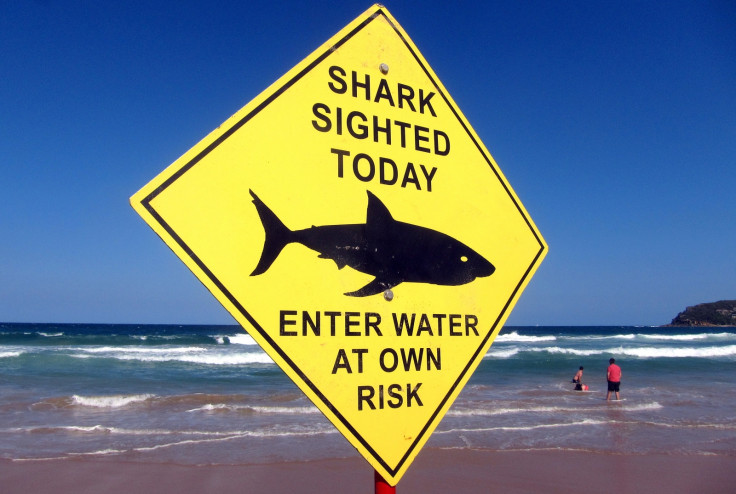What could be causing the increase of shark attacks in Australia?
In 2015, Australia had a recorded spike of 32 shark attacks within the year, two of which were fatal.
Australia has been experiencing increased shark attacks as official records show a total of 21 incidents so far during this year. Although based on the number of fatal and non-fatal attacks, 2020 doesn't necessarily stand out compared to 2015, where they had a spike of 32 attacks, two of which were fatal.
The latest shark attack was reported on Friday when a surfer had gone missing but his board was dragged from the waves with clear evidence of bite marks. Andrew Sharpe, 52, was spotted on the waters of Wylie Bay with witnesses saying they saw Sharpe get knocked off his board and pulled underwater. Police divers conducting the search and rescue were only able to find scraps of a wetsuit as they called off the search and confirmed the surfer had been mauled to death by a shark.
Sharpe's death marks the seventh fatal shark attack in Australian waters this year, which has caused much alarm among surfers and beach communities.
Shark file record curator, Dr. Phoebe Meagher said the numbers this year are just slightly above the average of 20 attacks that occurred every year for the past decade. Although 2020 does have the highest number of fatal attacks since the 1930s despite the installation of shark nets and other shark deterrents, the BBC reports.
Nathan Hart, associate professor of biological sciences at Macquarie University has studied over a century of shark file data along with temperature and rain records. His research team concluded that climatic and oceanographic forecasts could help determine when and where attacks are more likely to take place.
They were able to identify potential weather triggers at hotspots like northern New South Wales, which showed a spike in attacks when there was significant rainfall. They explained how rain would flush nutrients into the sea, which in turn creates a pocket of cooler, turbid water at river mouths and along the coast.
"Such areas of the ocean are highly productive and sharks may be attracted by the abundance of fish or other prey, such as seals, that might follow the fish," Prof Hart explained.
Statistically, the shark attack mortality rate is 0.9 which is less than one person per year. Researchers to this day are still trying to find logical explanations as to why unprovoked attacks happen.

© Copyright IBTimes 2025. All rights reserved.





















